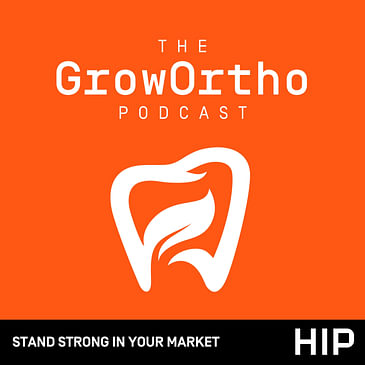In today’s fast-paced world, it’s all too easy to get caught up in the daily grind and neglect one of the most important investments of all – investing in yourself. Many successful people, including Warren Buffett, understand the value of this concept and encourage others to prioritize self-improvement and personal growth. By investing in yourself, you pave the way for a more fulfilling and meaningful life, both personally and professionally.
The Importance Of Self-Care
Self-care is the foundation of investing in yourself. It’s about taking care of your physical, emotional, mental, and spiritual well-being. When you neglect any of these areas, it can have a ripple effect on other aspects of your life. Burnout, lack of focus, and decreased productivity are just a few of the potential consequences.
Embracing A Holistic Approach
True self-care requires a holistic approach that addresses all four dimensions:
- Physical Health — Prioritize proper nutrition, regular exercise, adequate sleep, and stress management techniques.
- Emotional Well-being — Practice self-compassion, nurture positive relationships, and engage in activities that bring you joy and fulfillment.
- Mental Stimulation — Seek opportunities for continuous learning, engage in intellectual pursuits, and challenge yourself with new experiences.
- Spiritual Growth — Explore practices such as meditation, prayer, or journaling to cultivate a sense of purpose and connect with something greater than yourself.
Redefining Energy
Often, when we feel drained or overwhelmed, we turn to destructive coping mechanisms like overindulging in unhealthy habits or working ourselves into oblivion. However, these temporary fixes only provide short-term relief and can ultimately leave us feeling worse. The key is to replace these destructive energies with constructive ones.
Constructive Energy Sources
- Regular exercise and healthy eating
- Prioritizing quality sleep
- Practicing mindfulness and positive self-talk
- Setting and reviewing goals regularly
- Engaging in activities outside your comfort zone
- Nurturing your spiritual side
By incorporating these positive practices into your routine, you’ll cultivate a sustainable source of energy that will fuel your physical, emotional, mental, and spiritual well-being.
Lifelong Learning
Learning is a powerful tool for personal growth and should never be confined to formal education. Successful individuals embrace the concept of lifelong learning, recognizing its value in staying engaged, adapting to change, and remaining competitive in a rapidly evolving world.
Explore Various Learning Avenues:
Incorporating learning into your daily routine can open up new perspectives, enhance your skills, and provide a constant source of inspiration and motivation.
- Books and audiobooks
- Podcasts and online courses
- Mastermind groups and professional associations
- Mentorship and coaching opportunities
Habits, Practices, And Rituals
To truly invest in yourself, it’s important to understand the distinction between habits, practices, and rituals:
- Habits are automatic behaviors that occur regularly without much conscious thought.
- Practices are intentional activities that require effort and planning, often related to personal or professional development.
- Rituals are meaningful acts performed in a prescribed way, often with spiritual or symbolic significance.
Analyze Your Habits — Take an honest look at your current habits and assess which ones are serving you and which ones may be holding you back.
Develop Intentional Practices — Identify specific goals, choose activities that align with those goals, and create a consistent schedule to turn them into regular practices.
Elevate To Rituals — When practices become deeply ingrained and imbued with personal meaning, they can evolve into rituals that provide a sense of structure, purpose, and commitment.
The Journey Of Self-Investment
Investing in yourself is an ongoing journey, not a destination. It requires patience, persistence, and a willingness to adapt and evolve as your circumstances and goals change. Embrace the challenges along the way, for they are opportunities to grow and become the best version of yourself.
Remember, the true reward of investing in yourself is not just the achievement of your goals, but the person you become in the process. By prioritizing self-care, embracing lifelong learning, and cultivating meaningful habits, practices, and rituals, you unlock your full potential and pave the way for a life of fulfillment, purpose, and lasting success.
The post Investing In Yourself: Chapter 7 of Master Your Mindset appeared first on HIP Creative.


